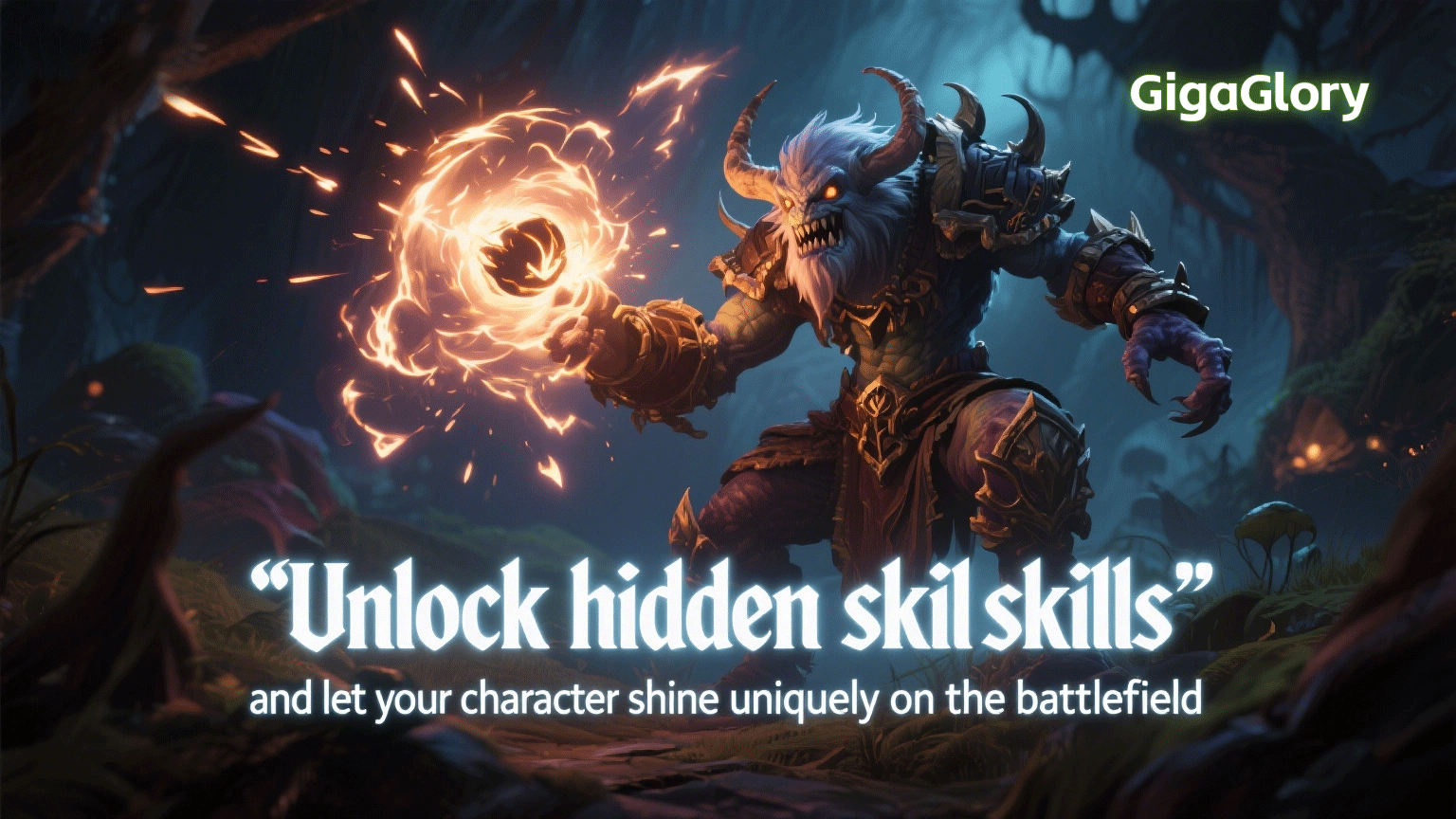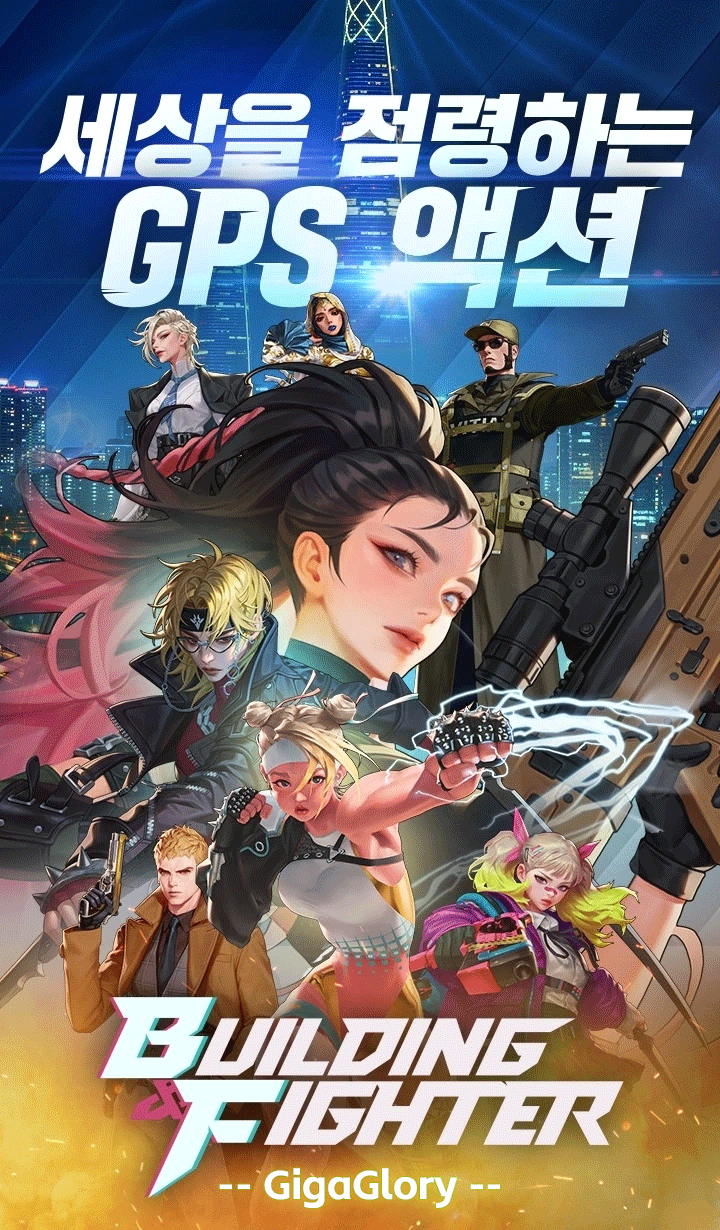Unlocking Imagination: How RPG Games Inspire Creative Gameplay Experiences
Role-playing games (RPGs) have captured the hearts of players around the world. These games blend storytelling, character development, and imaginative play, allowing players to immerse themselves in richly crafted worlds. Let's explore how RPGs and their creative gameplay experiences can not only entertain but also inspire innovation and collaboration among users.
The Role of Creativity in RPG Games
Creativity is at the heart of RPGs. Players often create elaborate backstories for their characters and engage in world-building with other players. This process promotes engagement and fosters a collaborative environment where imagination leads to excitement.
The Creative Process: From Concept to Execution
Creating a character in an RPG is more than just choosing a name and a costume. It involves:
- Character Development: Players outline motivations, relationships, and character arcs.
- World Building: Crafting unique settings and societies that enhance gameplay.
- Story Integration: Weaving personal narratives into overarching plots.
Comparison Table: RPGs vs Other Creative Games
| Aspect | RPG Games | Creative Games |
|---|---|---|
| Imagination Required | High | Moderate |
| Story Depth | Rich and Complex | Variable |
| Character Customization | Extensive | Limited |
| Collaborative Play | Essential | Optional |
**Popular Examples of Creative RPGs**
Many RPGs inspire creativity in unique ways:
- Dungeons & Dragons: This classic RPG encourages storytelling through gameplay.
- The Elder Scrolls Series: It offers vast worlds for exploration and character creation.
- Final Fantasy Series: Notable for intricate plots and character arcs.
Clash of Clans and Strategic Creativity
Not just traditional RPGs, games like Clash of Clans at level 7 also require strategic creativity. Players must devise tactics on how to build their villages, collaborate with clans, and creatively attack opponents. Building armies requires an understanding of units and their combinations, echoing similar creative principles found in RPGs. Thus, while the genre may differ, the essence of imaginative gameplay remains.
Building Strategies: Delta Force Builds
The concept of delta force builds exemplifies the innovation within strategy RPGs, where users must creatively combine elements to maximize effectiveness. Players often discuss and share their builds, promoting a community of shared ideas. This interaction enhances the gaming experience.
Creative Collaboration Through RPGs
One of the most rewarding aspects of RPGs is the collaboration. Players come together to share ideas, campaigns, and character backstories, fostering a sense of community. This interaction can be incredibly fulfilling and allows players to engage in creative problem-solving:
- Story Sharing: Players create narratives around their characters that add depth to the game.
- Campaign Development: Collaborative storytelling where every player contributes.
- Feedback and Evolution: Players influence each other’s playstyle, enhancing creativity.
Conclusion
RPGs provide a platform for imagination and creativity, offering players the chance to express themselves in unique ways. Through character creation, world-building, and collaborative storytelling, these games unlock creative potential. Whether it's through traditional RPGs or strategic games like Clash of Clans, the core principles of creativity resonate across the board. So, next time you dive into an RPG, remember — you’re not just playing a game, you’re stepping into a world where your imagination knows no bounds.



